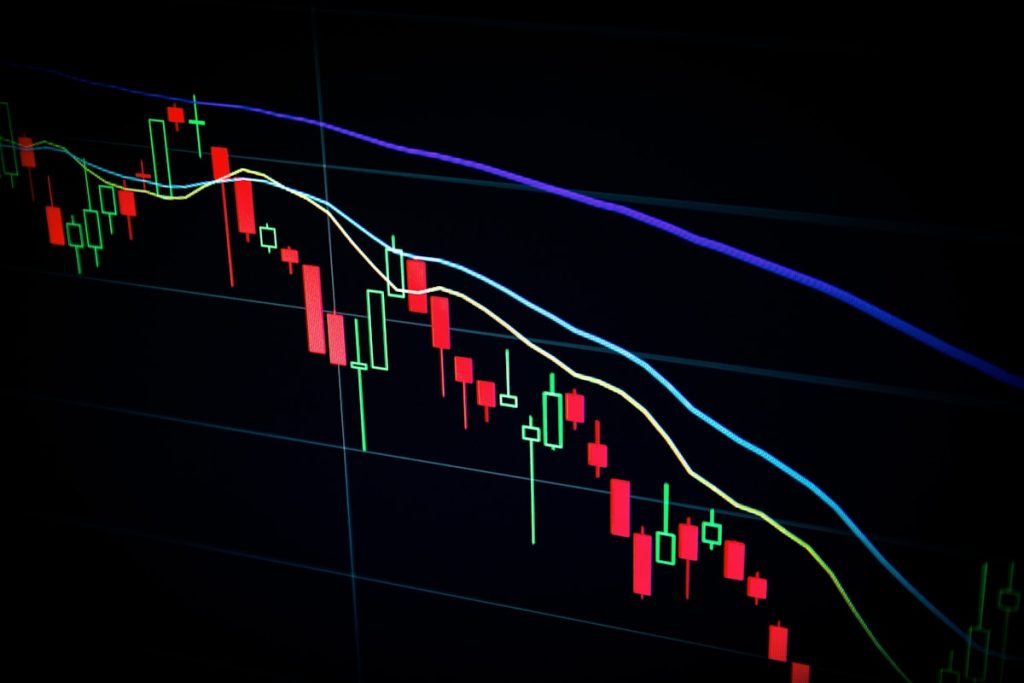Stocks Rise After Trump’s Sweeping New Tariffs Take Effect
In a surprising turn of events, the stock market surged on Monday following the implementation of former President Donald Trump’s latest round of tariffs on imported goods. The Dow Jones Industrial Average climbed by 1.8%, while the S&P 500 and Nasdaq Composite also posted significant gains, rising 1.5% and 1.7%, respectively.
Market Reaction Defies Expectations
Financial analysts had anticipated a negative market reaction to the new tariffs, which target a broad range of products, including steel, aluminum, and consumer electronics from key trading partners. However, investors instead appeared to interpret the move as a sign of economic strength, driving up shares in domestic manufacturing and industrial companies.
“The market is betting that these tariffs will bolster U.S. production and create a more favorable environment for domestic businesses,” said Rebecca Chen, chief economist at Horizon Capital. “It’s a classic case of protectionism being perceived as a short-term boost, even if long-term consequences remain uncertain.”
Winners and Losers in the Tariff Aftermath
- Steel and Aluminum Stocks: U.S. Steel (X) and Alcoa (AA) saw gains of 6.2% and 4.8%, respectively, as investors anticipated reduced foreign competition.
- Automakers: Shares in Ford (F) and General Motors (GM) dipped slightly amid concerns over higher input costs.
- Tech Sector: Apple (AAPL) and other electronics manufacturers faced modest declines due to potential supply chain disruptions.
Global Trade Tensions Linger
While the immediate market reaction was positive, trade experts warned that retaliatory measures from affected countries could destabilize global commerce. China, the European Union, and Canada have already signaled plans to impose counter-tariffs, raising concerns about a prolonged trade war.
“The optimism in the stock market may be short-lived if these tariffs trigger a cycle of retaliation,” said Mark Richardson, a trade policy analyst at the Brookings Institution. “History shows that protectionist policies often lead to slower growth and higher prices for consumers.”
Looking Ahead
Investors are now watching for Federal Reserve commentary on how the tariffs might influence inflation and interest rates. Meanwhile, businesses are scrambling to adjust supply chains and pricing strategies to mitigate the impact of higher import costs.
For now, the stock market’s unexpected rally suggests that traders are willing to give Trump’s economic policies the benefit of the doubt—at least until the full consequences of the tariffs become clear.



